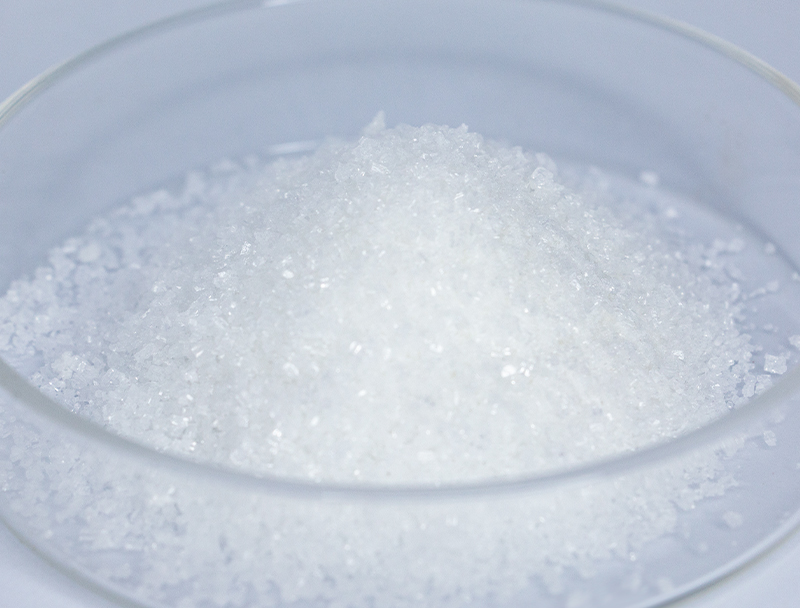
Modern biofabrication is grounded in a vast array of starting materials for generating cutting-edge biobased goods.
Securing ethical acquisition of feedstocks is indispensable to sustainable success and conscientious scaling.
an array of drawbacks from conventional supply chains for instance pollution and systematic depletion of reserves. Therefore, biomanufacturing companies must actively seek out alternative sourcing strategies to minimize their ecological footprint.
- Models of sustainable material sourcing include:
- Employing waste-stream inputs from industry leftovers
- Applying zero-waste frameworks to limit waste and optimize resource use
- Working with community-based suppliers that follow ethical standards
The transition to greener sourcing offers both planet-friendly outcomes and business advantages.
Refining Biomass Sources to Enhance Fuel Conversion
Boosting conversion rates requires high-quality and well-characterized biomass. Technologists actively pursue refinements to increase feedstock efficiency, delivering enhanced conversion and a more resilient energy mix. This involves genetic modifications to increase biomass production, as well as pretreatment techniques that break down complex plant materials into more readily fermentable sugars.
- Concurrently, efforts examine seaweed, industrial byproducts, and crop residues to increase the variety of renewable feedstock alternatives for fuel production.
- As a result of relentless efforts the industry should deliver significant enhancements paving a path to sustainable energy.
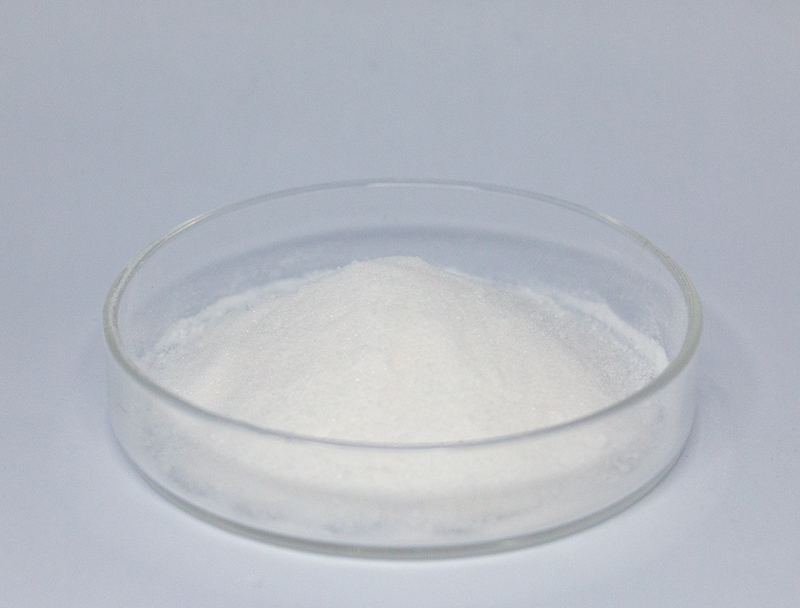
Enhanced Upstream Strategies for Biopharmaceutical Yield
represents the initial stages of biopharmaceutical manufacturing, encompassing all steps from cell culture and cell harvesting Recent developments in this field have resulted in optimized workflows that raise overall output.
Important innovations consist of upgraded cell platforms, customized nutrient matrices, and smart bioreactor solutions. These advances improve throughput while lowering both operational expenses and ecological footprints.
- Moreover, continuous manufacturing adoption is enabling dynamic control and greater adaptability in upstream workflows.
- Implementing cutting-edge manufacturing technologies will probably redefine workflows and accelerate innovation.
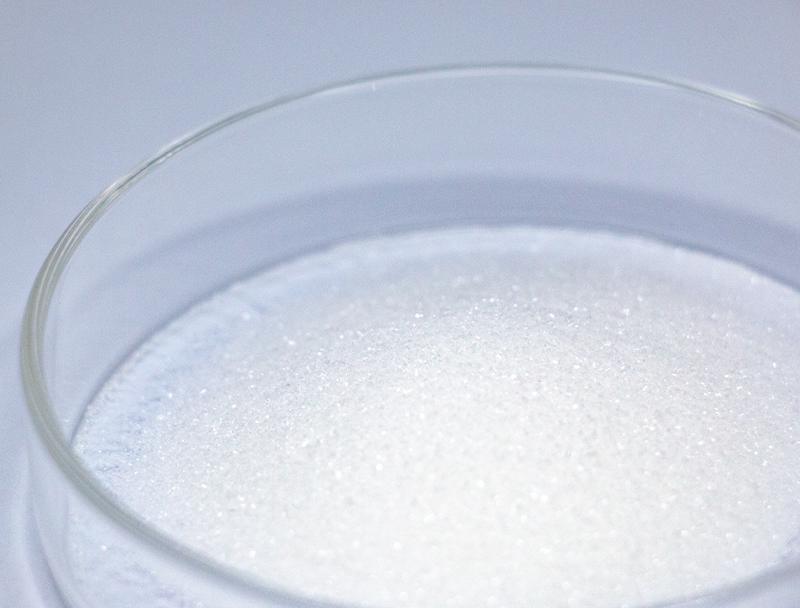
Advances in Gene Editing to Boost Therapeutic Production
breakthroughs in precise gene modification systems have reshaped biopharma production. By implementing targeted gene changes, investigators boost production titers of important biologics. These methods could enable production of accessible and efficient medicines tackling diverse health challenges.
Biodegradation Strategies Using Targeted Microbial Cultures
state-of-the-art biological cleanup solutions using targeted microbial actions. Certain microbes have capacities to biotransform contaminants into nonharmful forms.. Using microbial biotechnology enables remediation strategies that balance effectiveness with ecological protection. Scientists evaluate varied microbes for potential to remediate metal contaminants, pesticide compounds, and oil-derived pollutants.. Microbial strains work in bioreactor settings or on-site applications to convert pollutants through biological pathways..
Microbe-based remediation provides compelling advantages over standard remediation methods. These methods are economical and eco-conscious while reducing hazardous secondary waste. Similarly, microbe-based remediation affords specificity that avoids extensive ecosystem disturbance. Work in this area evolves rapidly to optimize the success rates and scalability of bioremediation solutions.
Computational Biology in Drug Discovery
Data-driven bioinformatics is critical for modern pharmaceutical innovation. From predictive screening to lead refinement, computational biology underpins more efficient drug pipelines.
- By parsing huge omics and clinical databases, bioinformaticians detect targets and estimate therapeutic responses.
- Likewise, computational docking and dynamics help design molecules with improved target engagement and potency.
- Ultimately, bioinformatics modernizes development workflows and expedites access to safe, beneficial medicines.
Optimizing Metabolism to Increase Bioproduct Production
deploys several tactics to elevate cellular production of valuable biochemicals. Approaches may include genome edits to rewire pathways, transcriptional control to tune expression, and heterologous gene insertion to add functions.. Through careful adjustment of metabolic routes engineers can markedly elevate product titers.
This multifaceted approach has the potential to revolutionize a broad range of industries, including biopharmaceuticals, agriculture, and bioenergy.

From Lab to Plant: Challenges and Opportunities in Biomanufacturing Scale-Up
Scaling up biopharmaceutical production presents both significant challenges and exciting opportunities. A primary obstacle is ensuring uniform quality control as volumes rise. Meeting the need calls for dependable control systems, granular monitoring, and cutting-edge analytical methods.
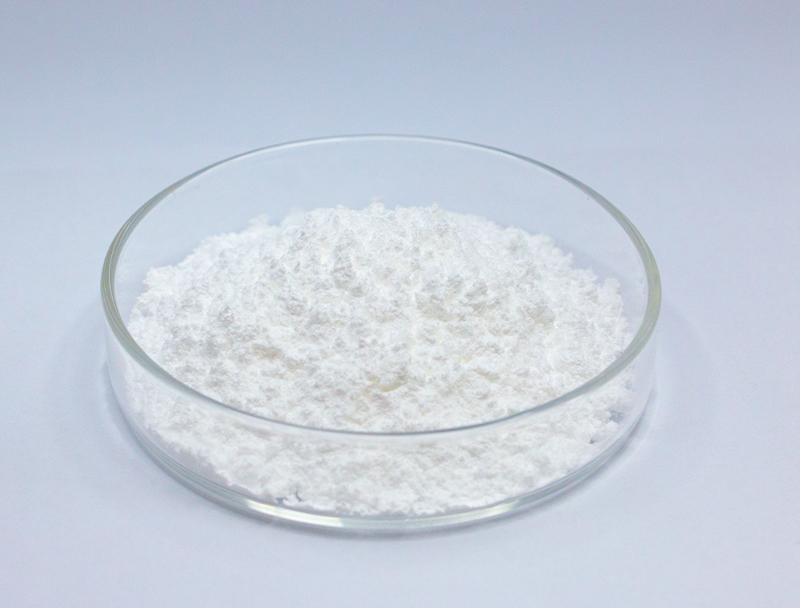
Another concern is that bioprocessing workflows are inherently complex and multi-staged.. Optimizing these processes for large-scale production can be a complex undertaking, requiring extensive research and technological innovation.. Despite challenges, the benefits may be considerable. Skilled scaling can enlarge supply, lower prices, and increase profit potential.
Challenges are being addressed through a number of initiatives. Approaches include cutting-edge process optimization tech, comprehensive analytics for control, and disruptive manufacturing designs.
- Technology development efforts underpin advances in production capability.
- Regulators are reforming approval systems to facilitate adoption of advanced manufacturing and nurture innovation.
Understanding Regulatory Oversight to Ensure Biopharmaceutical Quality
Creating biologic medicines requires strict regulatory controls to maintain both patient safety and therapeutic value. Biologics sourced from living systems pose distinct regulatory and manufacturing complexities versus small-molecule drugs.
Authorities including the FDA and EMA implement guidelines and thresholds to assess and approve novel biologic products.
Comprehensive testing regimens must be followed from early-stage research through ongoing post-approval monitoring.. The protocols serve to uncover safety concerns and certify that products fulfill rigorous protection standards..
In addition, regulatory entities adapt their frameworks to stay current with rapid research and technological developments.. Measures involve adopting innovative technologies and enabling development acceleration without compromising patient welfare.
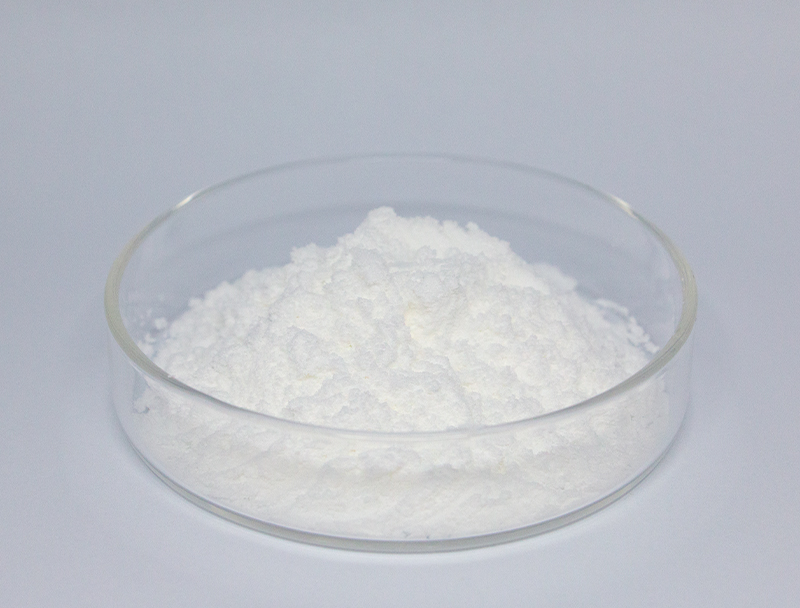
Harnessing Plant Feedstocks to Create Biodegradable Plastics
The trend toward sustainability stimulates development of renewable material technologies. Bioplastics derived from plant biomass provide a viable route to more sustainable plastic alternatives. Plant-based biomass resources such as cornstarch, cellulose, sugarcane can be processed into biodegradable plastics that degrade naturally, minimizing the environmental impact of conventional plastics.
Moreover, bioplastics can mirror key properties of fossil-derived plastics and fit diverse application needs.. Persistent innovation will be key to advancing plant biomass into mainstream bioplastic manufacturing for a circular future.
Biotech Contributions to Global Health and Crop Productivity
Biotechnology has emerged as a powerful tool with the potential to revolutionize global health and address food security challenges. By applying gene editing, synthetic biology constructs, and cellular therapies, scientists create tools to fight disease, raise yields, and boost nutrition.. L-arginine-α-ketoglutaric acid One example is bioengineered crops that withstand pests and stressors, enabling higher yields with less pesticide input.. Concurrently, biotechnology drives development of immunotherapies, antibiotics, and diagnostics that play a key role in controlling diseases and improving health metrics. With persistent development, biotech stands to offer transformative solutions for global health and long-term food security.
